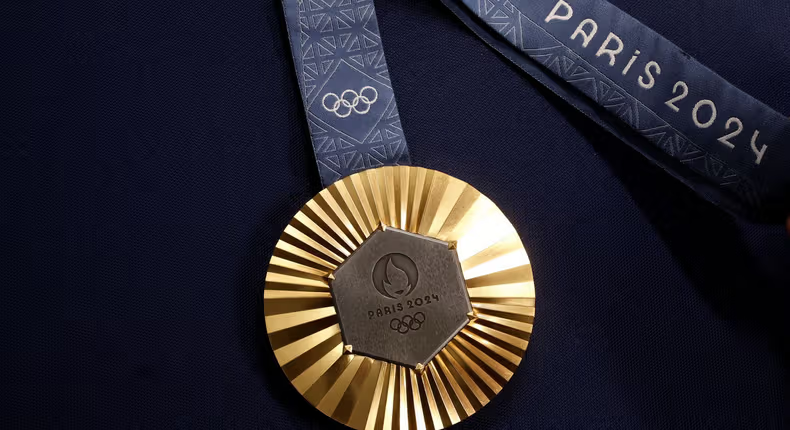Olympic gold medals, despite their impressive appearance, are not made of pure gold. The gold medals awarded in modern Olympics are primarily composed of 92.5% silver and then coated with a thin layer of 24-karat gold. This practice started in Stockholm in 1912, and the current regulations of the International Olympic Committee (IOC) continue this tradition.
For the 2024 Paris Games, each gold medal consists of approximately 523 grams of gold-plated silver. In contrast, silver medals contain about 525 grams of pure silver, while bronze medals are made from an alloy of tin and zinc.
While the materials might not match their gleaming appearance, Olympic medals hold immense symbolic and historical value. Their significance extends beyond their material composition to represent the pinnacle of athletic achievement. Collectors and enthusiasts value these medals highly, with prices for historic medals, such as Jesse Owens’ 1936 gold medal, reaching significant amounts—Owens’ medal sold for nearly $1.5 million in 2013.
Despite the materials, the medals remain powerful symbols of success and dedication in the world of sports.

